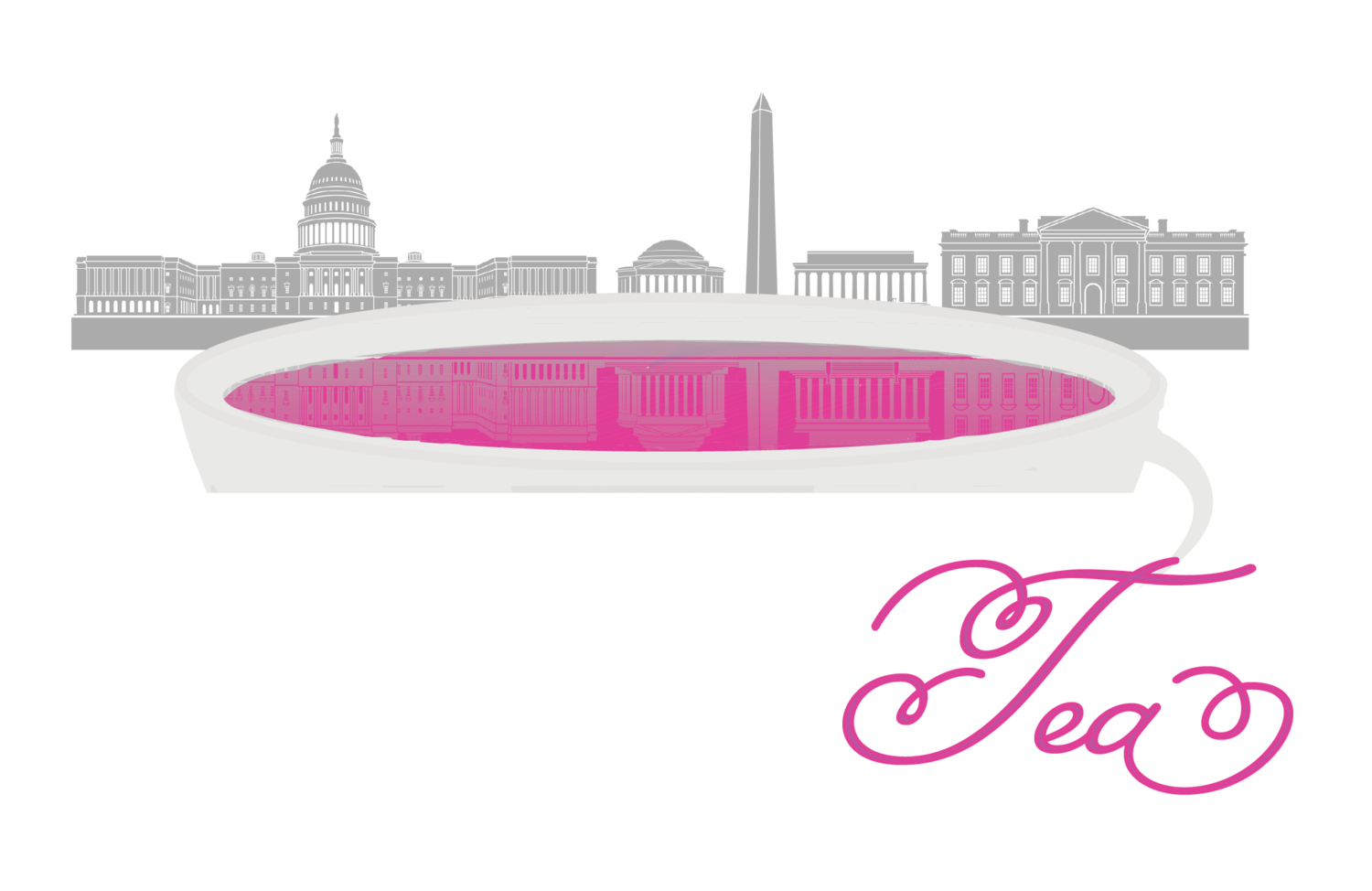Here's Why You Should Give AF About Midterm Elections
By: Kayla Pasacreta
You've probably heard many politicians, family members, and heck, even Instagram influencers encouraging people to register to vote: but why? Taking the time to vote for Governors, Senators, House representatives, and local politicians matters more than you think. Even though the presidency isn't up for grabs, 2018 midterm elections will be instrumental to setting the political landscape in U.S. politics and affect how the Trump Administration is able to carry out their agenda.
What seats are up for grabs?
435 House seats, 35 Senate races, 36 governorships, 6,066 state legislative seats, and a variety of referendums at local levels.
So, it's not even a presidential election? Why does Congress even matter...
This November, 33/100 Senate seats are up for re-election, and 2 additional seats are up in special elections. This means that voters have the opportunity to reshape (or keep in place) 35% of the Senate. The Senate plays an instrumental role in turning policy proposed by the White House into law. Remember last week's Kavanaugh confirmation? It wouldn't have happened without your elected senators. Senators are an important piece of the puzzle in ensuring they help their party's agenda become written into law.
Republicans can only afford to lose one Senate seat to uphold their majority in the Senate (Vice-President Pence is able to cast a tie-breaking vote).
According to FiveThirtyEight:
“In 2018, Democrats face the most unfavorable Senate map that any party has ever faced in any election, as Democrats have to defend 24 Senate seats to eight Republican Senate seats.”
What's at stake?
President Obama said it best in his speech last month:
“Each time we move in the direction of greater freedoms and greater prosperity for all people, the status quo pushes back. The powerful and the privileged oftentimes want to keep us divided, work to keep us angry and cynical, because that helps them hold onto their power and privilege.”
Legislation (duh): A Republican majority makes way for Trump to easily uphold his agenda while a Democratic majority (which Congress hasn't had in 7 years) will allow Democratic senators to have a greater influence and say into what Trump policies become law.
The environment: since being in office, President Donald Trump (who once said climate change is a Chinese hoax) has rolled-back on several policies set in place to protect the environment, and even took the U.S. out of the Paris Climate agreement (link). Research published by Harvard scientists in Journal of the American Medical Association found that "The largest and most immediate health consequences are likely to come through erosion of air quality." A climate report issued by the United Nation's scientific panel showed that the environment is in dire trouble, and we may see affects such as food shortages, mass coral reef die-offs, and wildfires as early as 2040.
Immigration: the Trump administration has enacted tough policies when it comes to immigration - the zero-tolerance border policy, the rollback of DACA protections for immigrants who came to the U.S. as children and the Muslim travel ban that imposes visa suspensions on seven Muslim-majority countries - Iraq, Syria, Iran, Libya, Somalia, Sudan, and Yemen.
Gun control: As of October 3rd, there have been 272 mass shootings in 2018. Still, Congress has remained largely inactive in implementing gun control.
Year of the woman? According to Time, Already this year, women have beaten the record for number of gubernatorial candidates filed, number of gubernatorial candidates to win a primary, number of Senate candidates filed, number of Senate candidates to win a primary, number of women serving in the Senate, number of House candidates filed and number of House candidates to win a primary and they’ve tied the record for the number of women serving in the House.” In a Congress made up of mostly white males, an influx of women could be monumental in standing up for women and fighting for women's rights.
Redistricting: Although redistricting is often a seldom-discussed aspect of politics, it matters. Vox explains it well: "State races in 2022 will be determined by districts drawn on results of the 2020 consensus - and those elected this year will have sway to draw those districts." Redistricting gives politicians a major advantage in crafting state-legislature maps.
Healthcare: Despite several attempts by Republicans to repeal and replace Obamacare, it remains the law of the land. A greater Republican majority may have the potential to undo this.
What happens after midterm elections?
You've done your civic duties, and then the 2020 presidential campaign will basically be in full swing!
We know that voting is not the answer to everything, but it does have the potential to make a difference. Voting in midterm elections gives you an opportunity to make your voice heard, and also holds politicians accountable for making the right decisions for their constituents and even in upholding democracy. Visit https://www.vote.org/ to check your registration status, polling place, and more!
2018 midterm elections take place on November 6, 2018.




